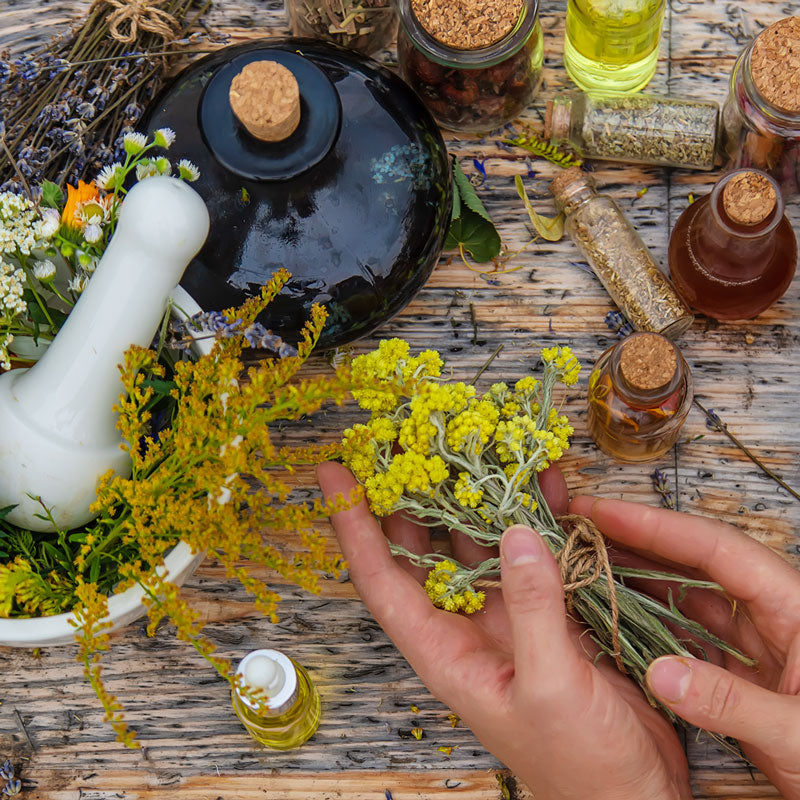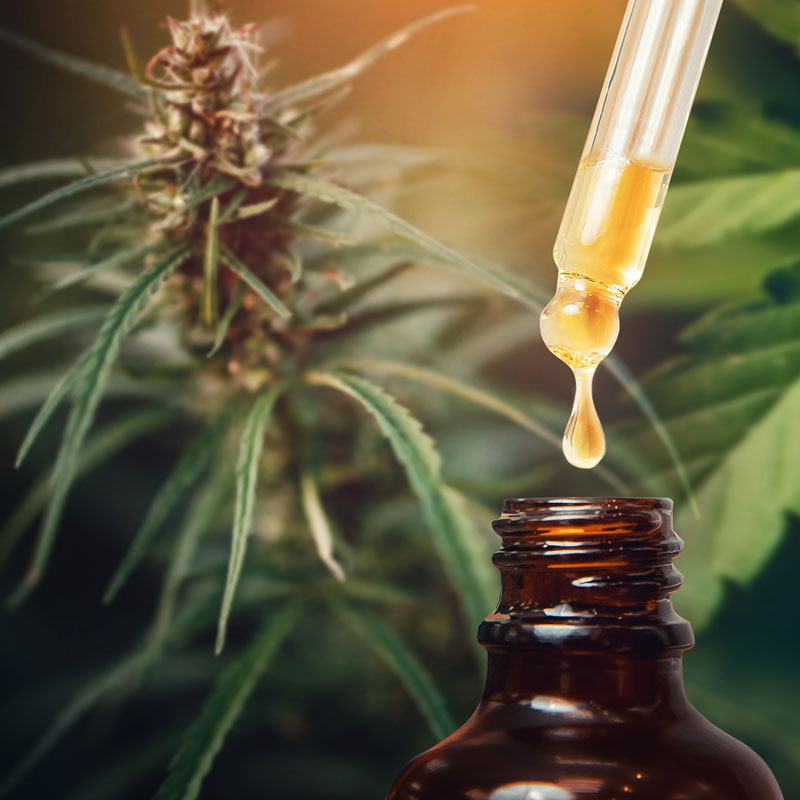A Guide to Animal-Derived Ingredients for Herbalists and Apothecaries

Tinctures and products incorporating animal-derived ingredients have long been a cornerstone of traditional medicine practices across the globe. These ingredients are prized for their unique properties and benefits, making them a valuable addition to various health and wellness routines. The use of food grade ethanol enhances the extraction of their active compounds, ensuring potency and preserving their natural properties. Below are some of the most popular examples of animal-derived ingredients and how food grade ethanol can be utilized to prepare tinctures or extracts:
-
Propolis - A bee product rich in antioxidants, propolis is renowned for its anti-inflammatory and antimicrobial properties. To create a propolis tincture, food grade ethanol is used to extract the resinous compounds efficiently. The ethanol dissolves the active components, yielding a potent tincture that can be used to support immune health and promote wound healing.
-
Royal Jelly - Another bee-derived powerhouse, royal jelly is nutrient-dense and commonly used to boost immunity, enhance energy levels, and improve skin health. Although royal jelly is typically consumed fresh or encapsulated, food grade ethanol can be incorporated to preserve its nutrients in a liquid extract, extending its shelf life and maintaining its potency.
-
Cod Liver Oil - Extracted from the livers of codfish, this oil is a rich source of Omega-3 fatty acids, as well as vitamins A and D. While it is usually consumed as a liquid or capsule, food grade ethanol can play a role in preparing concentrated extracts or emulsions, allowing for easier incorporation into various health formulations.
-
Emu Oil - Derived from the fat of emus, this oil is high in Omega fatty acids and vitamin A. Using food grade ethanol, an extract or tincture can be prepared to enhance the bioavailability of its active compounds. This method ensures that the oil’s anti-inflammatory effects are preserved and readily usable for skin applications or dietary supplements.
-
Lanolin - A waxy substance sourced from sheep's wool, lanolin acts as a natural emollient. Food grade ethanol can be utilized to purify lanolin for cosmetic or medicinal applications. The ethanol removes impurities, resulting in a cleaner product that retains its water-repelling and skin-protective properties.
-
Gelatin - Often obtained from bovine or fish sources, gelatin is commonly used to create capsules for herbal supplements, simplifying the ingestion of herbs and other health products. Food grade ethanol can be used to process or purify gelatin, ensuring that it is free from contaminants and suitable for use in health preparations.
The Role of Food Grade Ethanol in Extracting Animal-Derived Ingredients
Food grade ethanol is an ideal solvent for creating tinctures and extracts from animal-derived ingredients due to its high purity and efficacy. It ensures that the active compounds are extracted without introducing impurities, resulting in clean, potent preparations. Ethanol’s versatility allows it to preserve delicate nutrients, enhance bioavailability, and extend the shelf life of products.
By incorporating food grade ethanol into your tincture-making process, you can unlock the full potential of these traditional ingredients. Whether used for skin health, immune support, or other wellness goals, the combination of high-quality animal-derived ingredients and food grade ethanol ensures maximum benefits and quality in your preparations.








